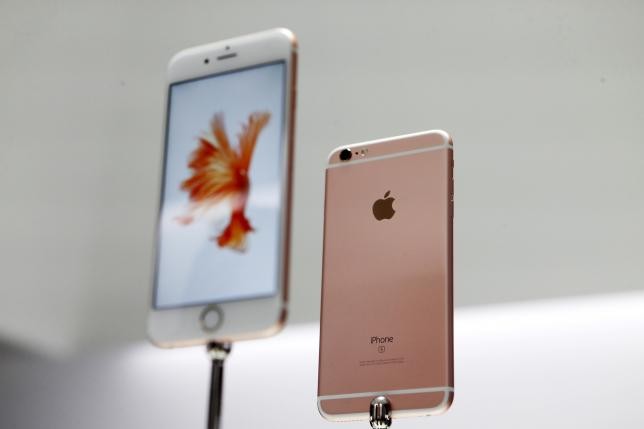Apple had to deal with the Bendgate fiasco with the iPhone 6 launch in 2014 then came the Hotgate issue earlier this week. The former has to do with the iPhone 6 body bending and getting deformed while the latter is all about the Touch ID becoming burning hot. Now here comes Chipgate or Batterygate.
If Hotgate turns the iPhone 6S Touch ID too hot for the fingers to handle, Chipgate or Batterygate centers on the issue of the different A9 chip makes that Apple rolled out with its 2015 flagship. Rumors say Samsung and TSMC supplied the chips that power the new iPhones though Apple has not confirmed anything.
But teardowns of the 6S, according to BGR, somehow proved that the two chipmakers were indeed responsible for the A9 application processor inside the iOS 9 smartphone. Samsung made the smaller A9 variant using 14-nanometer process that is touted to be faster than what TSMC had delivered, which utilized the 16-nanometer process.
As far as Apple is concerned, A9 of any make will deliver the same iPhone 6S experience to users and most experts seem to agree.
But not YouTube gadget reviewers Austin Evans and Jonathan Morrison as benchmark testing performed by the duo pointed to the TSMC-made A9 chip as the better cut in terms of CPU performance and battery life.
In Evan's case, he conducted real-world stress tests of the iPhone 6S that ranged from recording 4K clips to exporting videos and the results were favorable to TSMC. The 6S with the Samsung-made A9 chip extracted more battery juice by up to 7%.
Morrison's tests were not any better for the Samsung-flavored A9. He found out that under the same setting and stress, the chip from Samsung made the iPhone 6S lose 50% of its battery in under an hour.
The only thing going for the A9 by Samsung is apparently a more superior heat management as BGR noted that "the 14nm chip should dissipate less heat than the 16nm alternative."
So while it's impossible for buyers to know first what A9 make is inside of the iPhone 6S they plan to take home, they can at least detect and monitor the processor with the help of the free app Lirum Device Info Lite.
Both Evans and Morrison used Lirum on their clips and highly recommend the system monitoring tool.



























